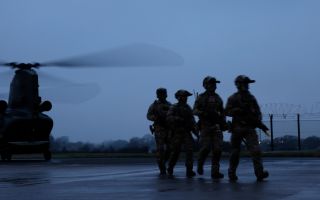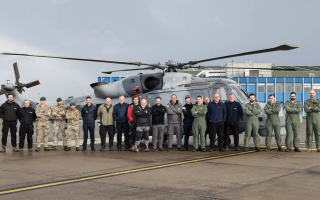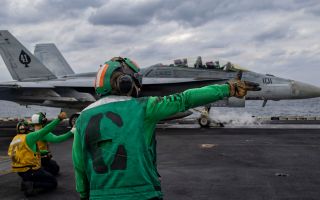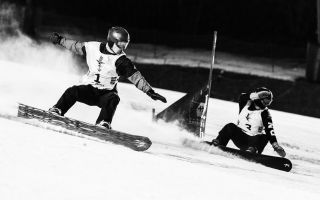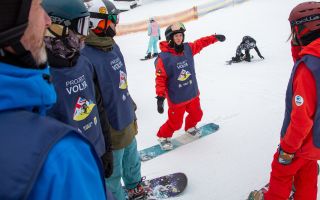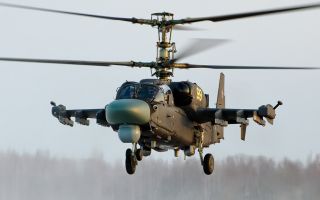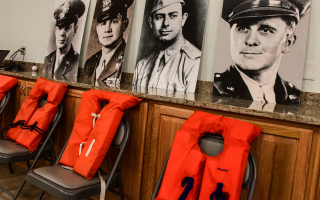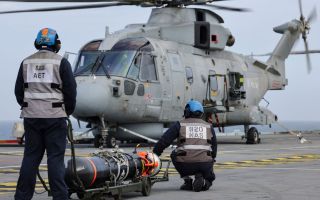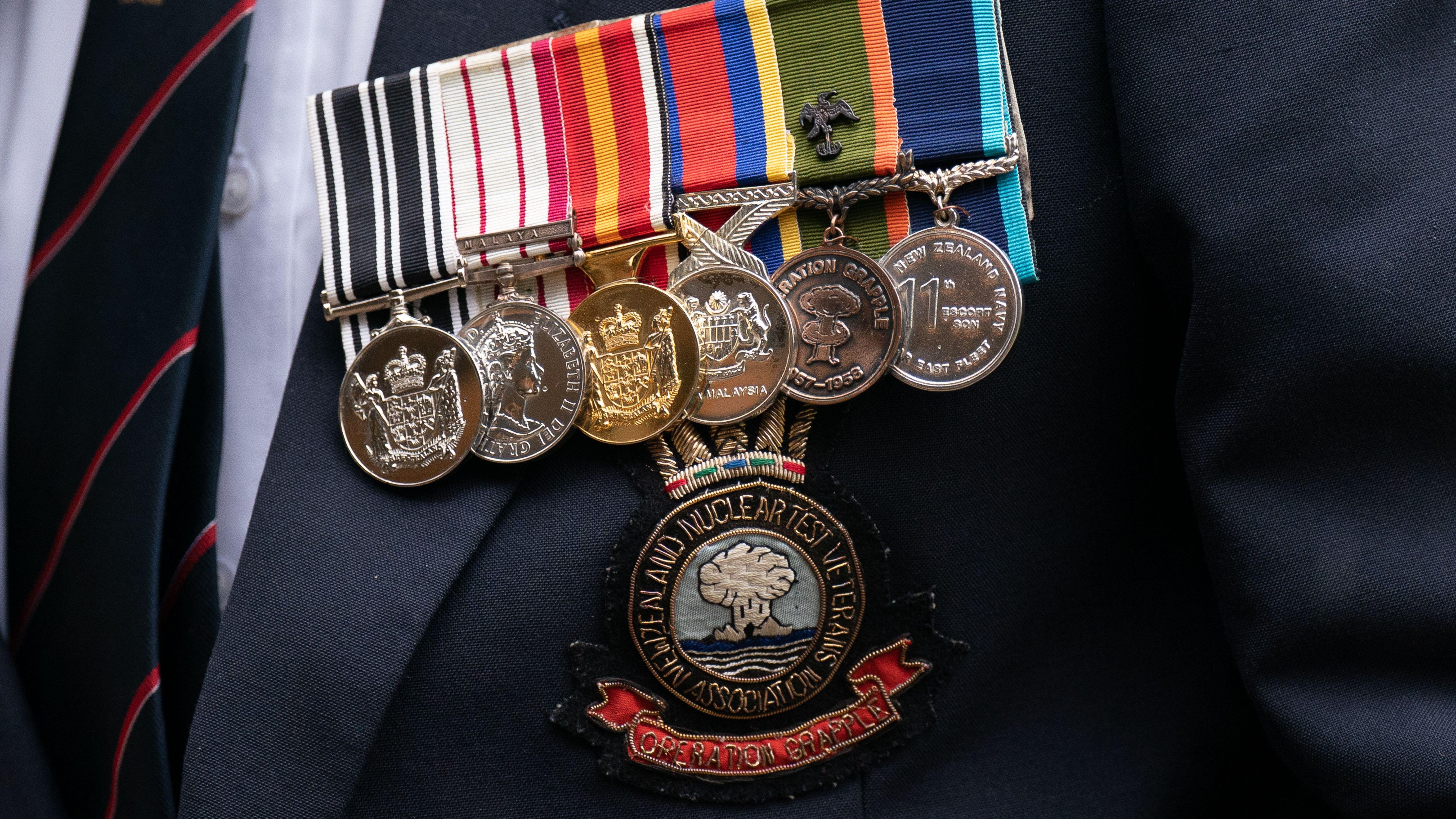
Medal call for remaining survivors of UK's Cold War nuclear testing programme

Campaigners searching for the remaining survivors of the UK's Cold War nuclear testing programme are urging them to come forward to receive a medal from the King.
Labrats International, which represents those affected by nuclear tests, said it hopes to organise the first medal ceremony in the summer – but needs a minimum of 50 surviving veterans to make the event happen.
An estimated 22,000 people, including next of kin, across the UK and the Commonwealth are eligible for the award, announced by Rishi Sunak last November, which was the result of a years-long campaign by nuclear test survivors.
Labrats founder Alan Owen, of Carmarthen, Wales, said: "The Office of Veterans Affairs is trying to arrange a ceremony in late summer to hand over the first medals, and we are very much hoping that the King will take part. This is the first medal of his reign, and it’s a form of official recognition that these men have waited 70 years for.
"We need a minimum of 50 surviving veterans to make that event happen, but because of their advancing years, and the effects radiation has had on so many of them and their families, many just can’t be there.
"It's vital that anyone who does want to be included in the official ceremony gets their application in now, so that it can be processed in time."
Medal will 'remind people'
Veteran Colin Moir, 84, also urged survivors to come forward, adding the medal will "remind people" of what he and other young men did to keep the country safe.
He said: "There is nothing to be nervous about, it's your entitlement, the more people who apply the better.
"When we are all gone a medal will still be there to remind people what we did for our country.
"As Winston Churchill once said: a medal glitters but it also casts a shadow. The nuclear veterans and their families have lived in the shadow of the bomb for many years, now we can have a little bit of glitter."
The weapons tests took place in Australia and the South Pacific between 1952 and 1967.
'One of the lucky ones'
Mr Moir took part in the Christmas Island Grapple Z and Y tests in the Pacific Ocean in 1958 when he was aged just 18. These tests helped to develop the UK's nuclear deterrent.
He said that he was "one of the lucky ones", having come away from the experiment without the major health issues that many other survivors have faced.
Defence Secretary Ben Wallace added: "Nuclear test veterans have made an invaluable contribution to the safety and security of the UK and it's right that we recognise and value their enduring service to our nation."
Johnny Mercer, the minister for veterans' affairs, said: "I strongly encourage all eligible veterans and civilian staff to apply for the award, which demonstrates the important role they played in making the UK the third nuclear power, and wear their new medals with pride."

